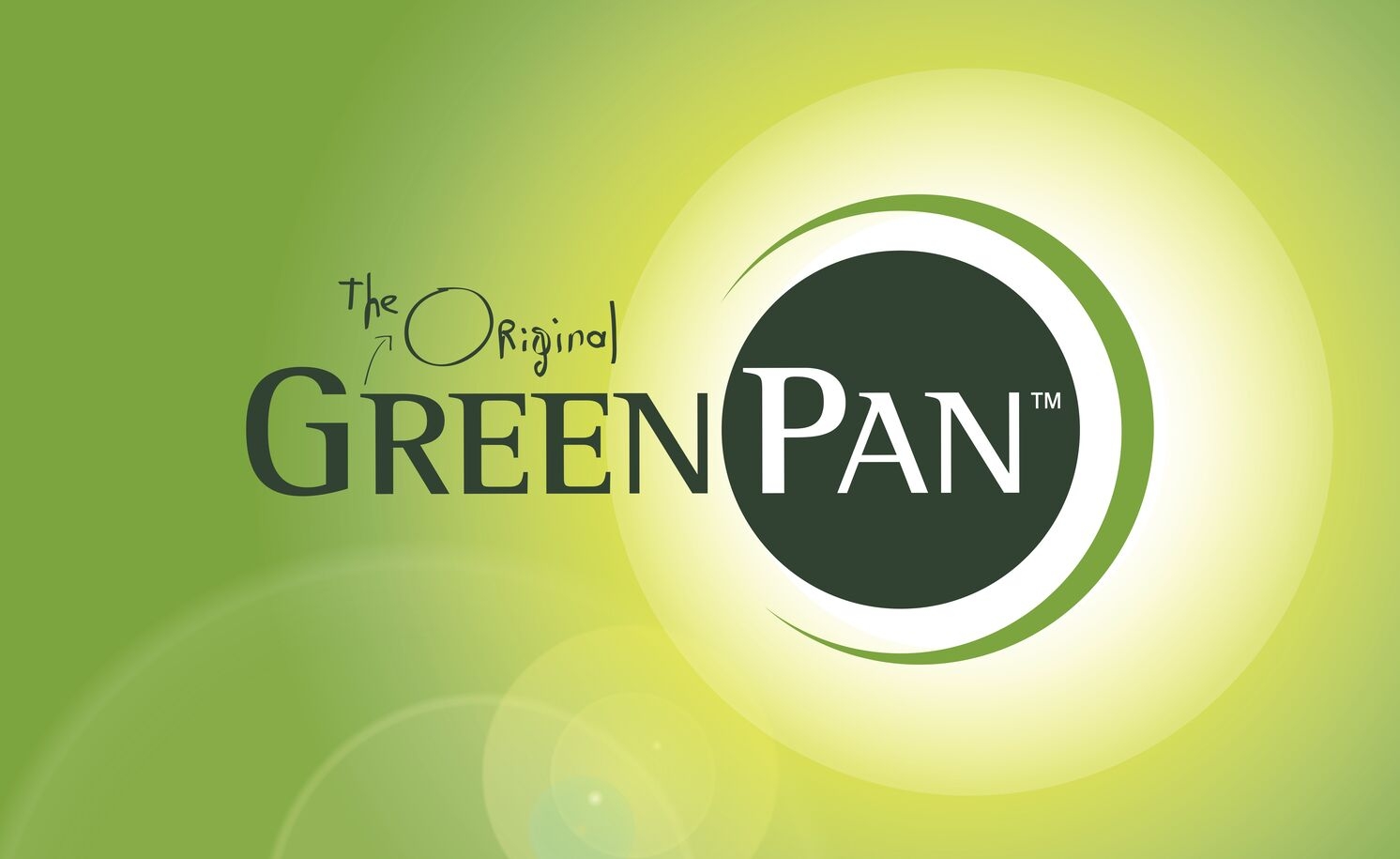Hormone IUD and breast cancer risk

Millions of women use the hormone IUD as a contraceptive. It contains a low dose of levonorgestrel, which is a synthetic hormone that puts the endometrium in a kind of resting state. The hormone IUD is shaped like a small anchor and is inserted into your uterus by your doctor or gynecologist. Depending on the brand, it can stay there for three to eight years. During that time, you no longer have to think about birth control, and in many cases, blood loss during periods also decreases (sometimes it even disappears completely). The hormone IUD is especially popular among women with a completed desire to have children.
False alarm
Researchers from Denmark* investigated a possible link between the hormone IUD and breast cancer and came up with alarming news in the media. They compared nearly 80,000 Danish women wearing hormone IUDs and examined how often they developed breast cancer over a period of about 20 years. They compared those findings to Danish women of the same age without a hormone IUD. In doing so, they found that women with hormone IUDs were slightly more likely to develop breast cancer than those without, and that this risk increased the longer the IUD was used. They talked about a risk increase of 30 to even 80%, but in reality that still means a very small risk. For women with a hormonal IUD, even after years of use, the risk remains less than 1 percent.
Apples compared to pears
The researchers had not randomized the study: that means they were comparing two groups of women - with and without hormone IUDs - who may have shown further differences. For example, it is common knowledge that the hormonal IUD is especially popular among more educated women. Of that group, we know that they are more meticulously screened for breast cancer, so more breast cancers are also found. That may already explain the difference. Moreover, the link between the hormonal IUD and breast cancer has been studied many times before, and previous studies found no alarming increases. Suppose there is an increased risk, it is very limited. Therefore, anyone who has a hormone IUD should not be alarmed by a possible breast cancer risk. Incidentally, that risk is also determined by your family history and lifestyle: obesity, lack of exercise and alcohol consumption all have an impact.
*MørchLS, Meaidi A, Corn G, Hargreave M, Wessel Skovlund C. Breast Cancer in Users of Levonorgestrel-Releasing Intrauterine Systems. JAMA. Published online October 16, 2024.
Continue reading

Were we going for a walk?

Walking reduces risk of breast cancer and relapse


.png)












.png)
















